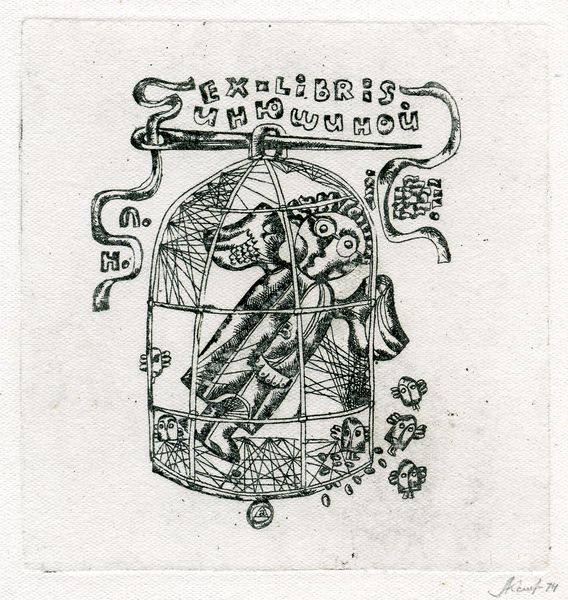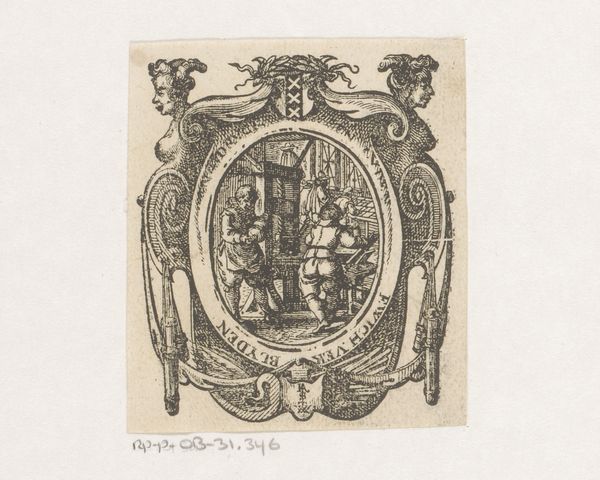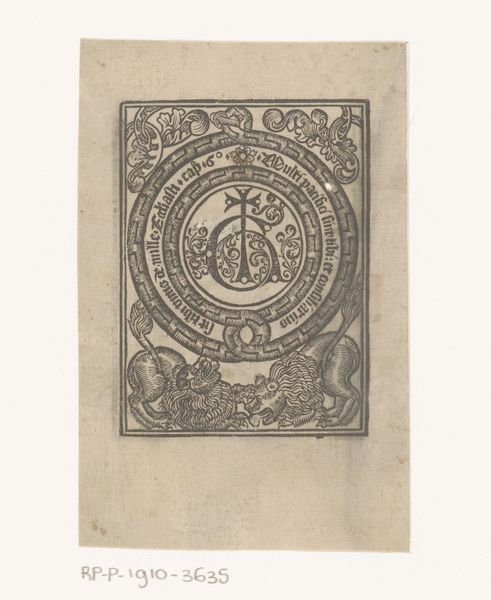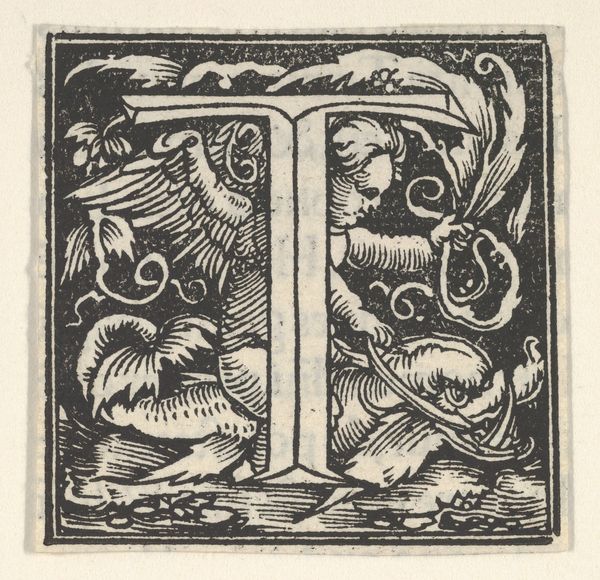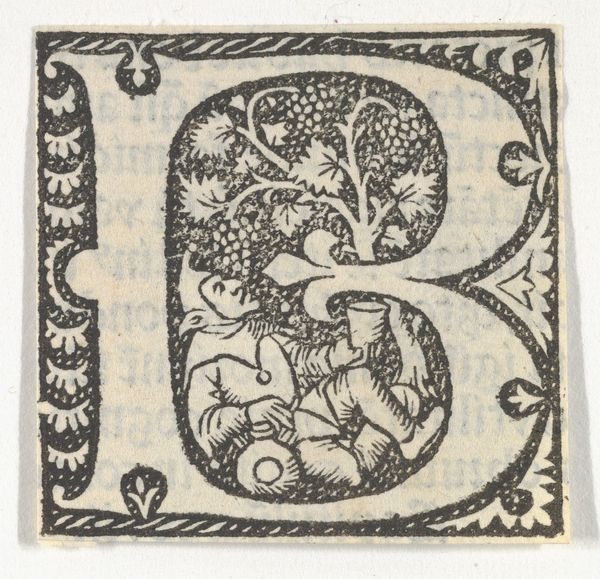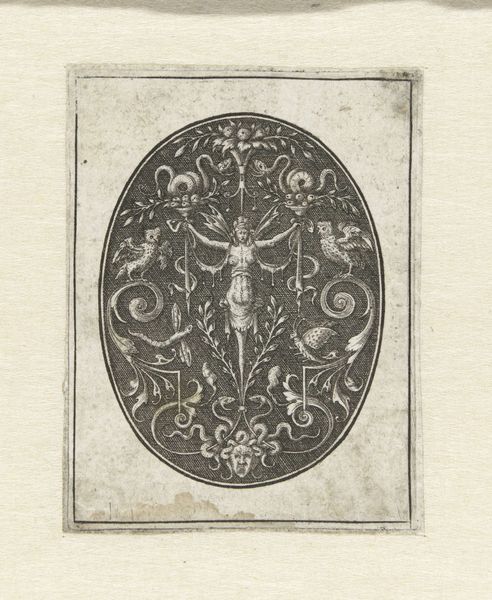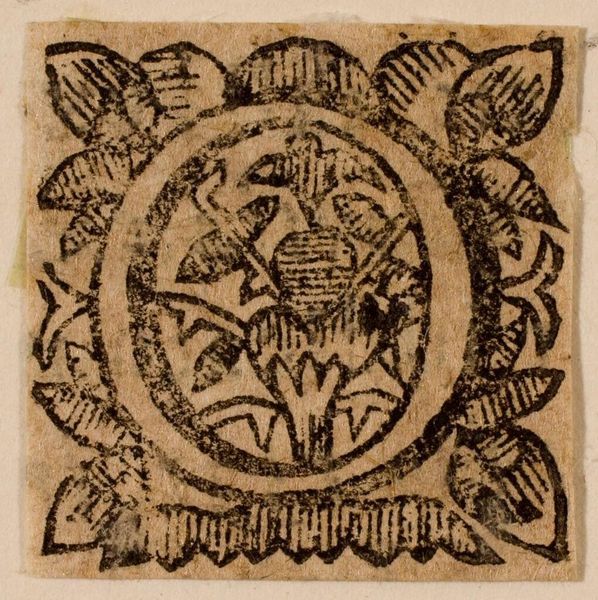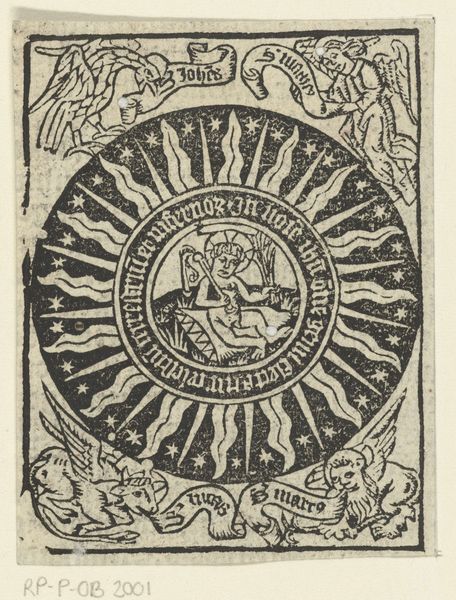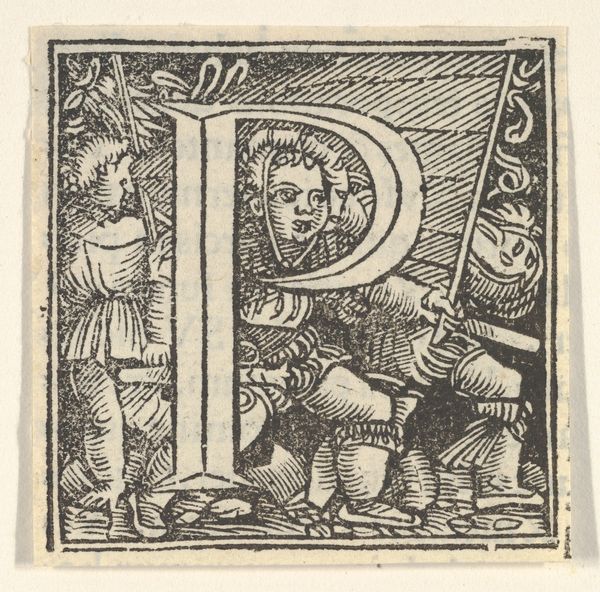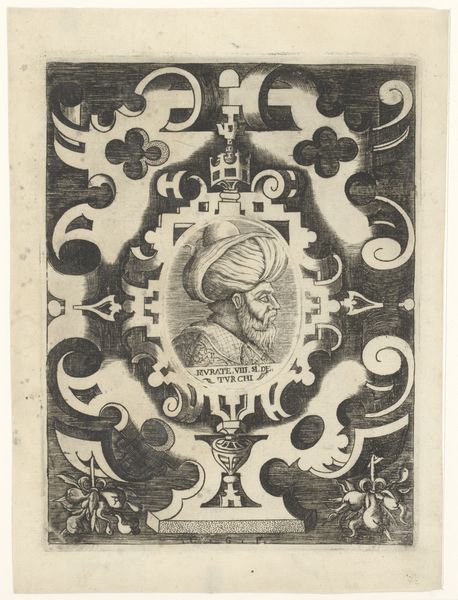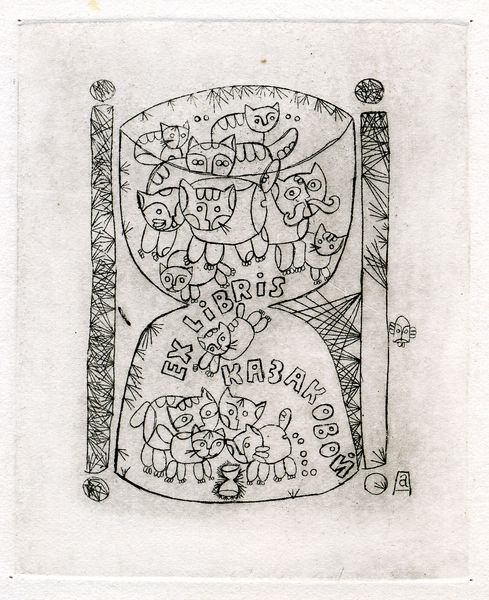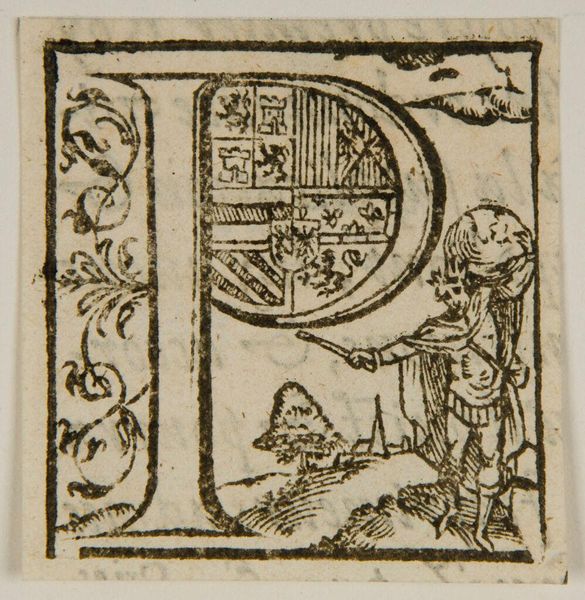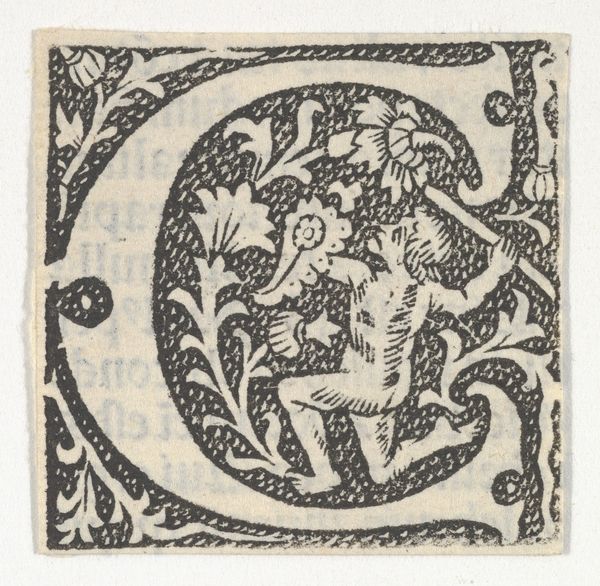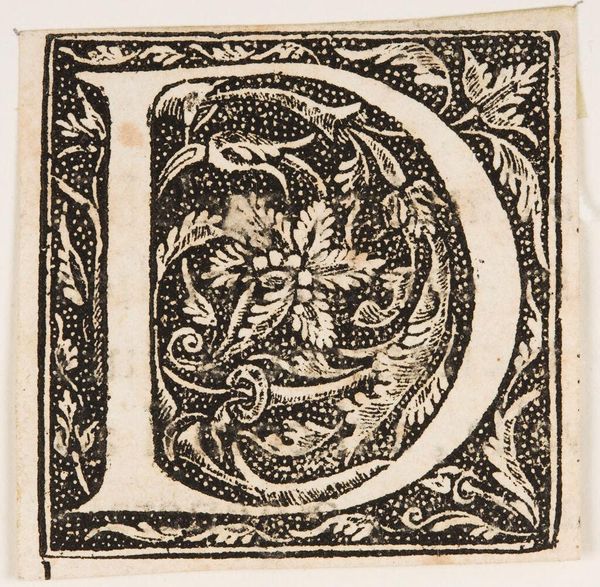
drawing, print, etching, ink
#
drawing
#
toned paper
#
quirky sketch
# print
#
pen sketch
#
etching
#
old engraving style
#
sketch book
#
personal sketchbook
#
ink
#
geometric
#
pen-ink sketch
#
pen work
#
sketchbook drawing
#
sketchbook art
#
surrealism
Copyright: Oleksandr Aksinin,Fair Use
Curator: What a curious image. My first impression is that it feels like looking at the diagram for a dream. Editor: That's a lovely way to put it. We're looking at Oleksandr Aksinin’s "Exlibris Onusaitis," created in 1974. It's a print, using etching and ink, with a distinctive surrealist flavor. Curator: Surrealist indeed! And the title suggests a bookplate. See the “Ex Libris” inscription? It's so interesting how it’s presented almost as a blueprint for a personal mythology, layered with private symbols. Editor: Absolutely. Aksinin worked during a period of Soviet censorship, and his art was often deeply allegorical. The use of geometric shapes interwoven with organic forms hints at a struggle between order and chaos, perhaps reflecting the political climate. Curator: The geometry feels intentional. Like a symbolic prison perhaps? The mind within limitations? The overall composition resonates with a sort of hermetic knowledge. Note the mechanical aspects combined with more biomorphic imagery—there’s something alchemical about it, as if the subject is attempting to synthesize different states of being. Editor: You're right to point out the contrast between mechanical and organic. The individual "Onusaitis," for whom this bookplate was made, clearly had an affinity for both worlds. The placement of that name also intrigues me: the circular flow creates a sort of… vortex. Curator: Yes, that vortex! It invites introspection and contemplation of one’s internal landscape. And consider the “feet” beneath the square – it’s almost as if the entire composition is standing on, or rather grounded in, something very tangible, yet equally absurd. Editor: The absurdity is key, isn't it? Aksinin uses this whimsical approach to tackle serious subjects. Bookplates, usually associated with ownership and identity, become, in his hands, complex statements about freedom and inner life. The very idea of visually encapsulating one’s entire being into an image that fits inside of a book becomes an act of subtle protest against enforced uniformity. Curator: Precisely. Through these symbols, Aksinin is creating a kind of personal coat-of-arms, imbued with coded meanings only fully known to its bearer—a secret language spoken through images. Editor: Thinking about it in a historical context gives one perspective, while your analysis of its symbolic weight suggests entirely different meanings, which is what makes this piece so endlessly fascinating. Curator: Indeed. I keep seeing new details and potential interpretations; it's an intimate and engaging glimpse into someone’s inner world.
Comments
No comments
Be the first to comment and join the conversation on the ultimate creative platform.
